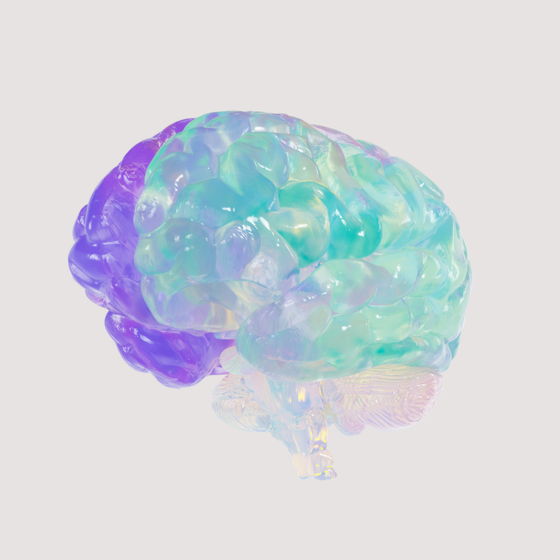Study finds that COVID-19 lockdowns have caused rapid brain aging in adolescents

A research paper published in
COVID-19 lockdown effects on adolescent brain structure suggest accelerated maturation that is more pronounced in females than in males | PNAS
https://www.pnas.org/doi/10.1073/pnas.2403200121

COVID lockdowns caused premature aging of adolescent brains - Earth.com
https://www.earth.com/news/covid-lockdowns-caused-premature-aging-of-adolescent-brains/
In the early stages of the COVID-19 pandemic, government agencies around the world implemented lockdowns, including stay-at-home orders and school closures, to prevent the spread of infection. Many studies have examined how the disruption caused by lockdowns affects daily life and social activities, and have found that lockdowns unexpectedly made people feel happier.
Study finds pandemic reduces happiness but lockdown helps restore it - GIGAZINE

Adolescents, a time of rapid emotional, behavioral and social development, also reported feeling happier during the lockdown, but the lockdown also severely restricted social interactions, leading to increased anxiety, depression and stress, especially among young women.
A research paper published in PNAS by a research group from the University of Washington investigated the brains of adolescents during lockdown. The research group measured the maturity of the subjects' brains by examining the thickness of the cerebral cortex, the outer layer of tissue in the brain. It is known that the cerebral cortex naturally thins with age, even in teenagers, and chronic stress and adversity accelerate this thinning. Thinning of the cerebral cortex increases the risk of developing neuropsychiatric and behavioral disorders such as anxiety and depression, and these disorders are particularly common in adolescents.

The research team has been investigating changes in the brain structure of adolescents aged 9 to 17 since 2018. The survey was originally scheduled to end in 2020, but due to the outbreak of the COVID-19 pandemic in the same year, the survey was postponed until 2021. This makes it possible to investigate what changes have occurred in the brain structure of young people before and after the pandemic.
The team used the brain scan data to develop a model to predict the 'normal rate of thinning' of the cerebral cortex during adolescence. They then compared the data with brain scans collected in 2021 to determine whether young people's brains were maturing normally. The analysis revealed that brain maturation had accelerated by an average of 4.2 years for women and 1.4 years for men compared to before the lockdown.
The accelerated maturation of the brain (aging) was particularly noticeable in women, with thinning of the brain throughout the entire brain. On the other hand, in men, thinning was only observed around the visual cortex, and the brain aging was not as severe as in women.

'We think of the COVID-19 pandemic as a health crisis, but it's also becoming clear that it has caused other major changes in our lives, especially for teenagers,' said Patricia Kuhl, lead author of the study and co-director of the University of Washington's Institute for Learning and Brain Sciences (I-LABS).
'At the start of the pandemic, we started thinking about what brain measurements we could use to estimate how the pandemic lockdowns affected the brain,' said Neva Corrigan, lead author of the paper and a researcher at I-LABS. 'What does it mean for teenagers to not go to school, not play sports, not go out, and to be at home instead of being in social groups?'
Kuhl suggests that these results are related to the importance of social interaction in adolescent females. Adolescent females tend to rely more on 'close relationships with friends' and 'sharing emotions and conversations,' while males tend to engage in physical activity when they get together with friends and are less dependent on others than females. 'What the pandemic really did was to isolate girls,' Kuhl said. 'All teenagers were isolated, but girls seemed to suffer more severely, and the impact on their brains was much more severe.'

While Kuhl said it's unlikely that the cortex will ever return to its previous thickness, he said it's possible that the rate of thinning may slow and some recovery may occur as normal social interactions resume, but he noted that more research is needed to determine whether this recovery will occur.
'In older adults, the faster the cortical thinning, the more cognitive function declines, including information processing speed and the ability to complete everyday tasks. However, there is little data on cortical thinning in teenagers, so it will be important to continue this research,' said Kuhl.
Related Posts:
in Science, Posted by logu_ii







